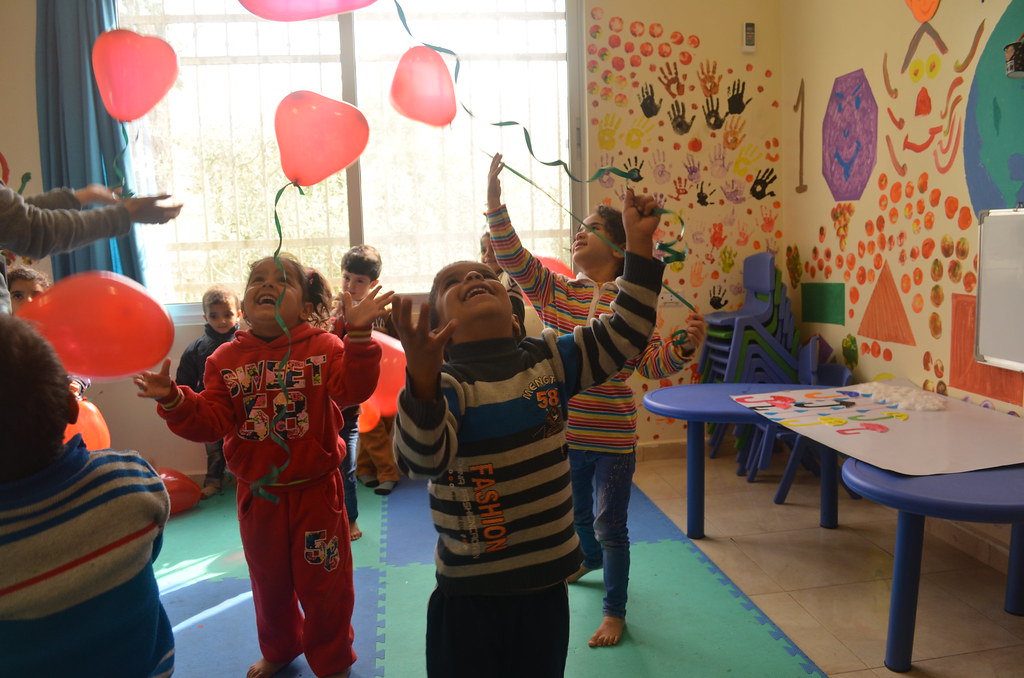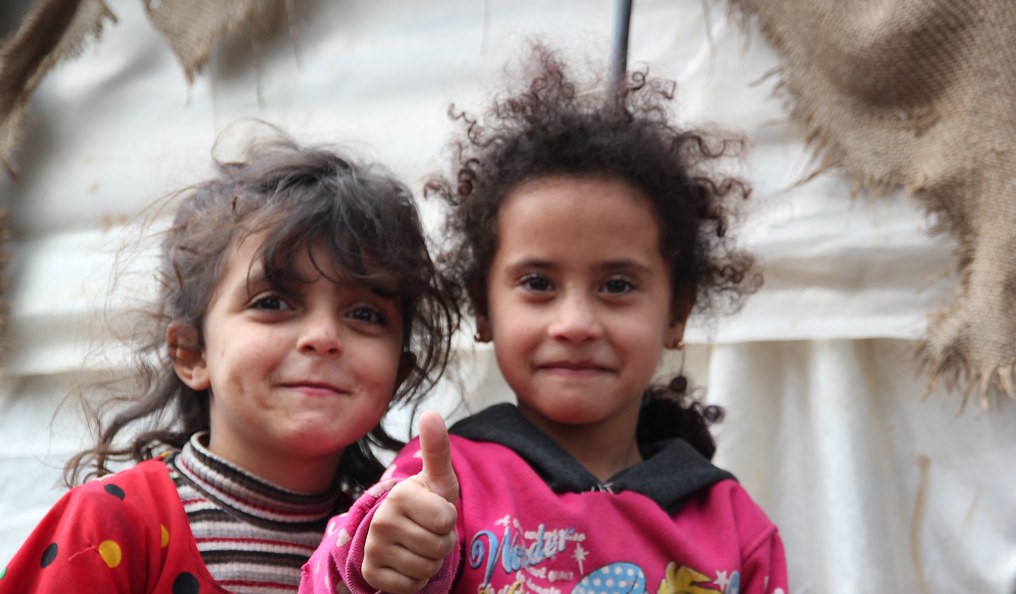Project Page
"Lebanon, PCPM"by FundacjaPCPM is licensed under CC BY-NC 2.0
Since 2010, the numbers of refugees, immigrant and asylum seekers have been increasing exponentially all around the world. The United Nations Refugee Agency reported that there are 4.391.419 refugees, 1.299.246 asylum seekers and 2.804.962 IDP in Europe. Refugees and migrants continued to undertake dangerous journeys, with a significant number known to have died or gone missing while crossing the Mediterranean Sea in 2017. In 2017, approximately 172,300 refugees and migrants arrived in Europe via the Mediterranean Sea, including 119,400 to Italy, 29,700 to Greece and 22,100 to Spain.
Turkey continued to host the world’s largest number of refugees with 3.4 million Syrians and 346,800 refugees and asylum-seekers of various nationalities. Turkey showed great commitment to engaging with, and supporting refugees. New partnerships emerged with States, municipalities, EU institutions, NGOs, volunteers, private sector actors and academic institutions. The range of expertise and services each partner brought provided a more holistic support network to refugees, better meeting their needs and creating an environment in which many refugees felt more able to participate in, and contribute to, the societies hosting them.
Nearly, half of these people consist of women and children. As a humanitarian right, countries in Europe and Turkey integrate these children to their national education system. More than 80 percent of refugee children attend to regular national schools together with native children. In these schools, refugee children get education in combined classes which contain 10%-20% RC and 80%-90% native children.
Teachers of combined classes face with many problems. Among these problems, language barrier is the most crucial one because others are mainly originated from language barrier. Most of RC do not know host country language. Thus, class management is very difficult in combined classes.
 "ICMC's Protection Center - Mafraq, Jordan"by ww.icmc.net is licensed under CC BY-ND 2.0
"ICMC's Protection Center - Mafraq, Jordan"by ww.icmc.net is licensed under CC BY-ND 2.0
As native pupils, RC start to new semester enthusiastically. However, they lose their concentration and motivation through the semester due to lack of effective communication with their teachers and native students. They do not participate in lessons until they learn native language. Learning new language requires time. Hence, RC choose to isolate themselves individually or as groups. This isolation process leads to other problems such as exclusion by the native students, fights (sometimes families become part of these fights), hatefulness against others, learned helplessness, attendance problems, risk of early school leaving and youth gang involvement.
This project aims to propose a partial solution to this general problem. To keep RC active and motivated in the combined classes, we will formulate an innovative method of teaching which uses the universal language of mathematics. The target groups are RC under age of 15 and their teachers. Therefore, RC will be able to learn math in combined classes while they are learning native language. Teachers will be supported via supplementary learning materials which are prepared in the language of math. Thus, quality of learning environment for all students will be improved.
RC cannot get necessary support from their parents either. Parents do not have enough information about the national education system and they are not aware of the topics that their children are going to learn in native schools. Even if parents are well-educated, they cannot help their children. Since the supports of the parents are vital in the integration of their pupils in to new education setting, parents are considered as third target group in this project. A booklet will be prepared to inform parents about national education system (rights, responsibilities, opportunities, etc.) and the national curriculum. Therefore, the project aims to make refugee families part of learning process.
Methodologies
Target Group
- Refugee students and their parents;
- Combined classrooms’ teachers and school staff;
- Educational authorities and other relevant authorities at local/regional/national level;
- Policy makers;
- Civil society;
- European Union international networks.
Aim
Approximately, 10% of the population were born in a different country from the one in which they reside, 5% of whom are children under the age of 15. Although the pattern varies by EU Member Countries, children with refugee, immigrant, or asylum seeker background tend to have lower educational performance and are more likely to leave school early than children from a native background. Paying specific attention to educational support for newly-arrived children, an integrated approach to making a more inclusive education system, and increase their success in the field of mathematics, aim to provide comprehensive support to eliminate the educational disadvantage they experienced.
Objectives
The general objective of the action is to “Strengthen the successful participation of newly arrived children in education”. This will be realized by:
- Raising participation in education and the rate of attainment among refugee children,
- Supporting the academic performance of first and secondary education refugee children,
- Enhancing the competences of teachers, school managers and staff,
- Facilitating and promoting the involvement of refugee children parents in their children’s school life,
- Improving the knowledge of refugee children's parents on the national education system in hosting countries,
- Raising awareness on the role of education in promoting inclusive societies,
- Promoting increased attention to diversity and inclusion in policy planning in education,
- Some recommendations for government to integrate newly arrived refugee children into hosting countries’ education system.
Linguistic support:
- Initial language support and adequate system of assessment of language competences;
- Continuous host language support within or after regular class;
- Training of teachers in instructing the host language as a second language;
- Valuing and provision of mother tongue instruction.
Academic support:
- Ensuring a well-developed reception of refugee students and initial assessment of refugees’ education background;
- Placing newly arrived refugee children into an appropriate class based on the assessment of their previous schooling, abilities and needs;
- Monitoring system ensuring adequate tracking and diagnosis of student’s performance and potential;
- Qualified teachers to work with culturally diverse students;
- Supporting transition mechanisms between reception and mainstream classes; between different levels of education;
- Prevention of early-school leaving and provision of re-integration programmes.
Parental and community involvement:
- Encouraging parents to participate in newly arrived refugee children's education process, through home-school cooperation;
- Encouraging school cooperation in sharing good practice experience in newly arrived refugee children’s integration;
- Provision of detailed information about schools’ system and opportunities for children.
Intercultural education:
- Ensuring a positive environment in school;
- Training of teachers for diversity;
- Facilitating communication between native and migrant peers through bilingual coordinators and advisors.



